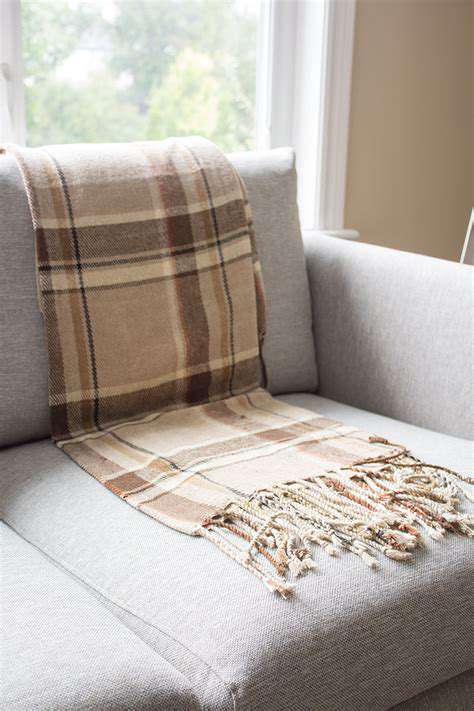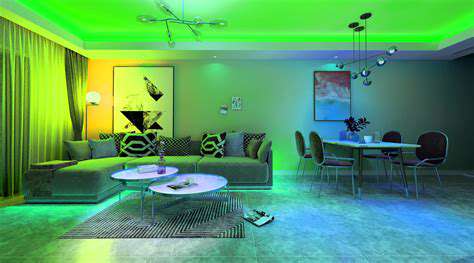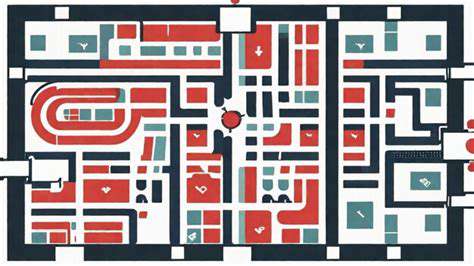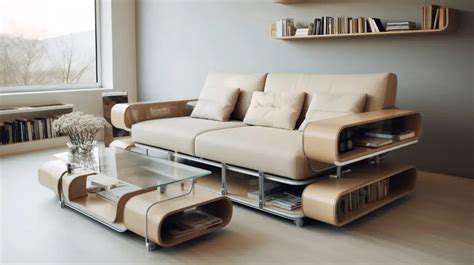Affordable Full Package Home Renovation Tips for Small Studios
Understanding Renovation Costs
Last spring, my neighbor learned the hard way that drywall estimates don't include surprise mold remediation. Always add 20% to every contractor quote for hidden issues - that ancient plumbing behind your walls might be plotting against you. Visit three local hardware stores with your materials list; prices vary wildly for identical plywood. And never skip the permit costs - that $200 oversight can turn into a $2,000 problem fast.
Prioritizing Essential Improvements
Think like an emergency room doctor - stop the bleeding before worrying about scars. That wobbly staircase rail demands immediate attention, while the pink bathroom tiles can wait. Focus first on anything that could hurt someone or cause major damage, then move to improvements that make daily life easier. I once prioritized a kitchen backsplash over a faulty furnace - worst winter ever.
Finding Affordable Materials and Labor
Construction salvage yards hold incredible treasures - I found perfect oak flooring for 60% off at a demolition warehouse. Local Facebook trade groups often have contractors offering off-season discounts. For countertops, consider butcher block instead of granite - equally stunning at one-third the price. Always ask suppliers about discontinued lines or slightly imperfect pieces - that tiny scratch behind the fridge won't matter.
Creating a Detailed Timeline
Renovations expand to fill available time like mischievous dough. Build in two extra weeks for every month of projected work - weather delays, backordered tiles, and the electrician's fishing trip will eat into your schedule. Create a color-coded spreadsheet tracking demolition, rough-in work, and finishing stages. Pro tip: Never schedule drywall sanding during a dinner party week unless you enjoy glitter-like dust on everything.
Managing Unexpected Expenses
That suspicious dark spot behind the shower? It's never just a little water stain. Stash cash equal to three mortgage payments before swinging the first hammer. When my 1950s home revealed knob-and-tube wiring, that emergency fund saved the project. Consider a 0% APR credit card as backup - but only if you're disciplined enough to pay it off before interest hits.
Seeking Professional Advice and Support
A $200 consultation with an architect saved me $8,000 in structural mistakes. Many designers offer affordable plan review services where they'll sanity-check your ideas. Local vocational schools sometimes provide supervised student labor at reduced rates. Remember: Good contractors book months out - start interviewing during the planning phase, not when your kitchen's already in dumpsters.
Clever Storage Solutions for Small Spaces
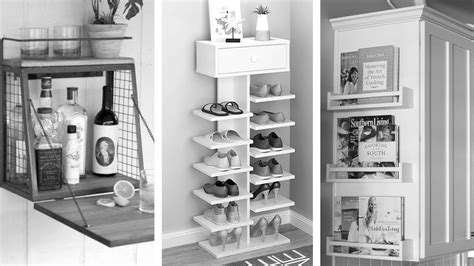
Maximizing Space in Tiny Apartments
My first NYC apartment was so small, the refrigerator door hit my bed. Vertical space became my religion - floor-to-ceiling shelves turned one wall into a library/ pantry/closet hybrid. Magnetic strips hold knives and spices; shower caddies organize cleaning supplies. The golden rule? If it hasn't been used in a year, it's decorating someone else's storage unit now.
Multifunctional Furniture for Compact Spaces
I once slept on a sofa that transformed into a dining table that became a work desk - the Swiss Army knife of furniture. Murphy beds with built-in shelving are worth their weight in square footage. Current obsession: nesting tables that tuck under each other until game night. Pro tip: Measure your doorway before buying - that perfect storage ottoman won't help if it lives permanently in the hallway.
Creative Wall Storage Solutions
My kitchen wall sports a pegboard holding everything from colanders to measuring cups - like functional art. Over-the-door racks aren't just for shoes anymore - they now organize spices, jewelry, and craft supplies. Recently installed floating shelves with hidden brackets to display books while hiding router equipment. Bonus: They make excellent cat highways for feline roommates.
Innovative Under-Bed and Under-Furniture Storage
Vacuum-sealed bags transformed my off-season wardrobe into flat pancakes under the bed. DIY wheeled drawers made from old dressers now glide smoothly under couches. Even my coffee table lifts to reveal charging stations and board games. Warning: Label everything - unmarked bins become time capsules of What the heck is this?
Clever Use of Vertical Space and Shelving
Installed industrial pipes as shelving supports - sturdy enough for books, stylish enough for date nights. Corner shelves rescued my collection of odd-shaped vases from closet imprisonment. Recently saw a brilliant idea: tension rods under upper cabinets create instant hanging storage for lids and cutting boards. Just ensure heavy items live on bottom shelves - physics lessons hurt when they fall on your head.
Decluttering and Minimizing Possessions
Adopted the one in, two out rule - buying new shoes means donating two pairs. Digitalizing photos and documents freed an entire filing cabinet. Most liberating moment? Realizing I owned thirty-seven mugs as a single person. Now four perfect mugs spark joy daily. Remember: Storage solutions shouldn't enable hoarding - they're lifeboats, not warehouses.
Creating systems that work requires brutal honesty about what actually fits your lifestyle. I learned this after designing a perfect closet system... for clothes I never wore. The most effective organization mirrors how you naturally behave, not how aspirational magazines say you should. Start by observing where items accumulate naturally, then build around those habits rather than fighting them.
